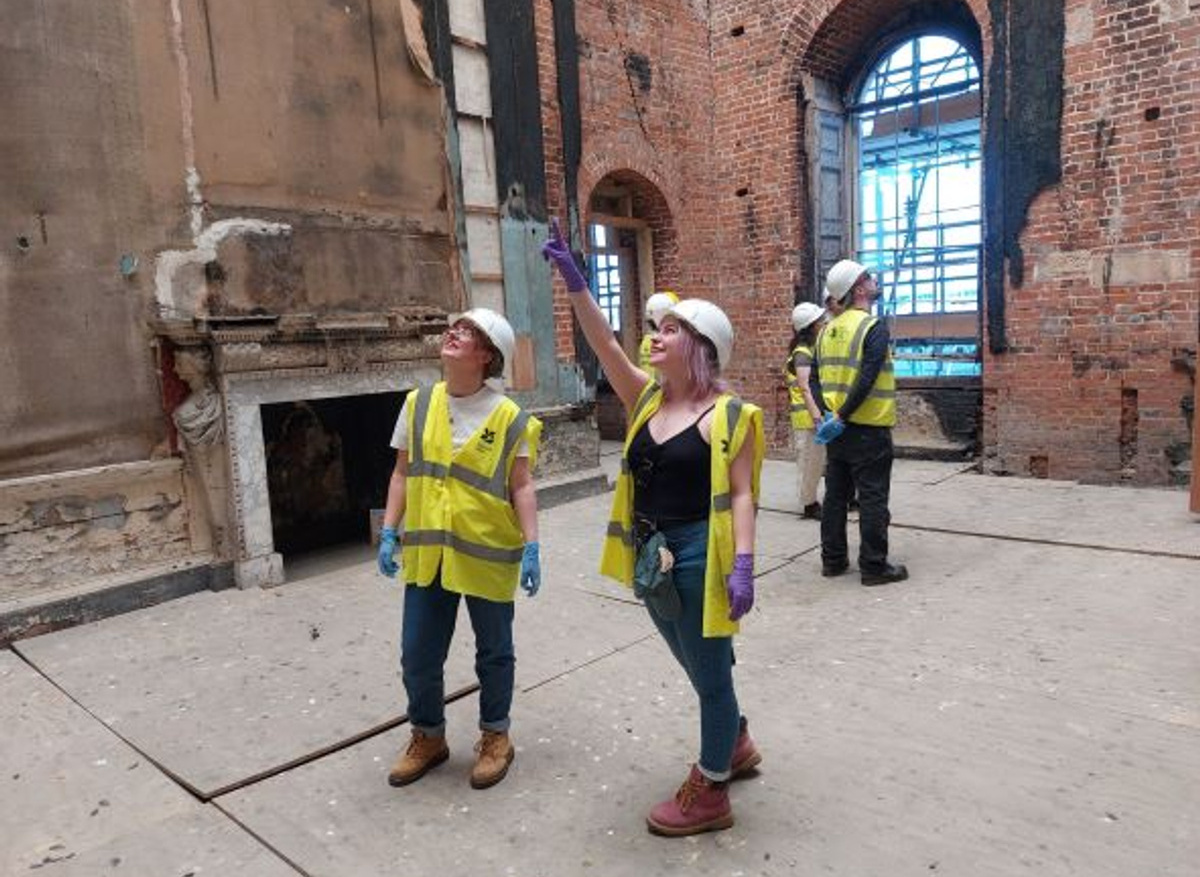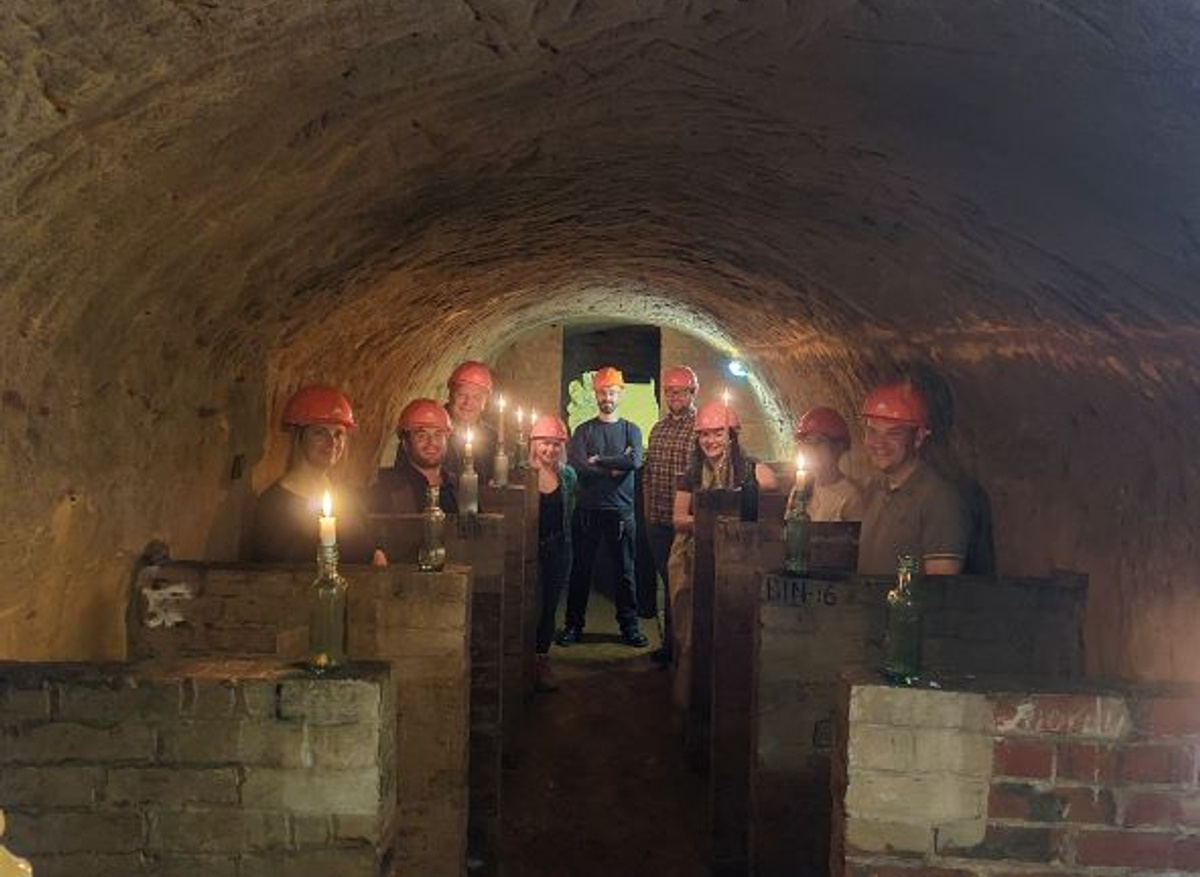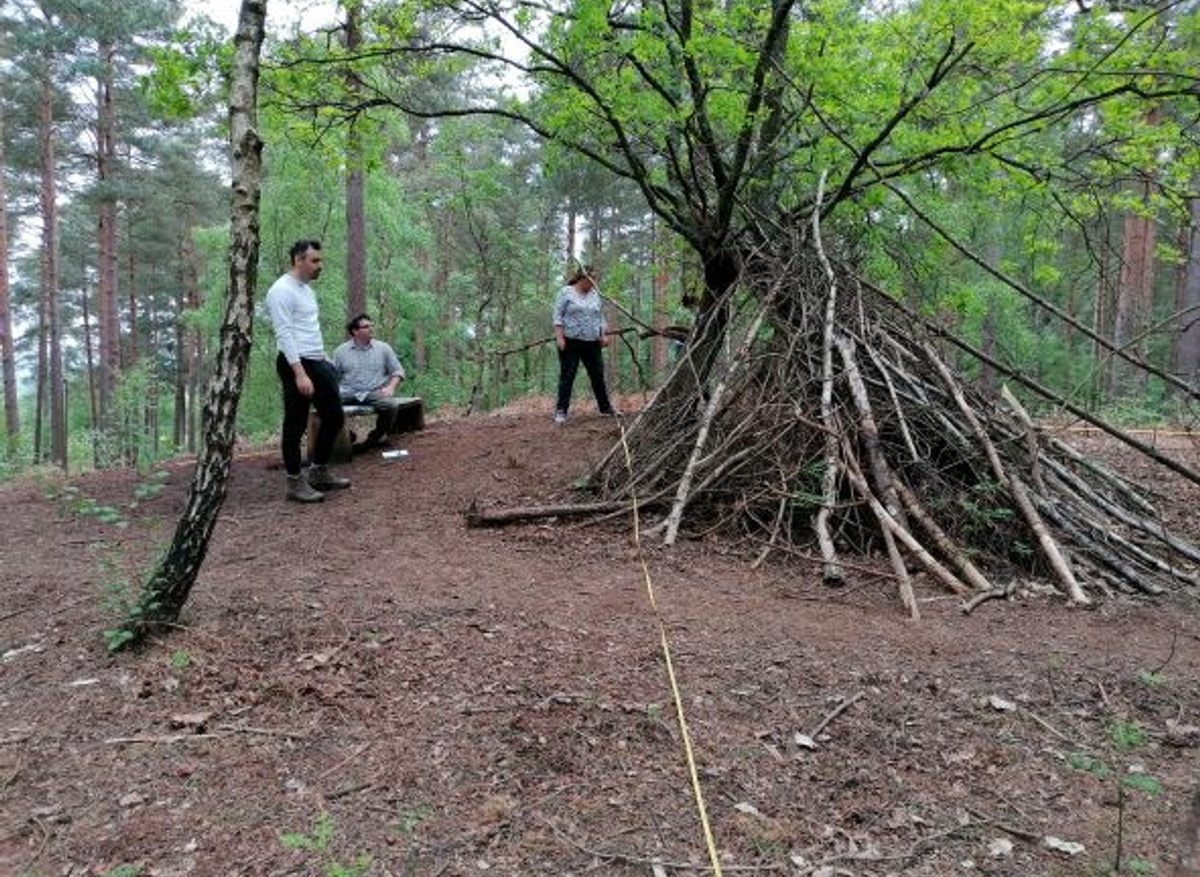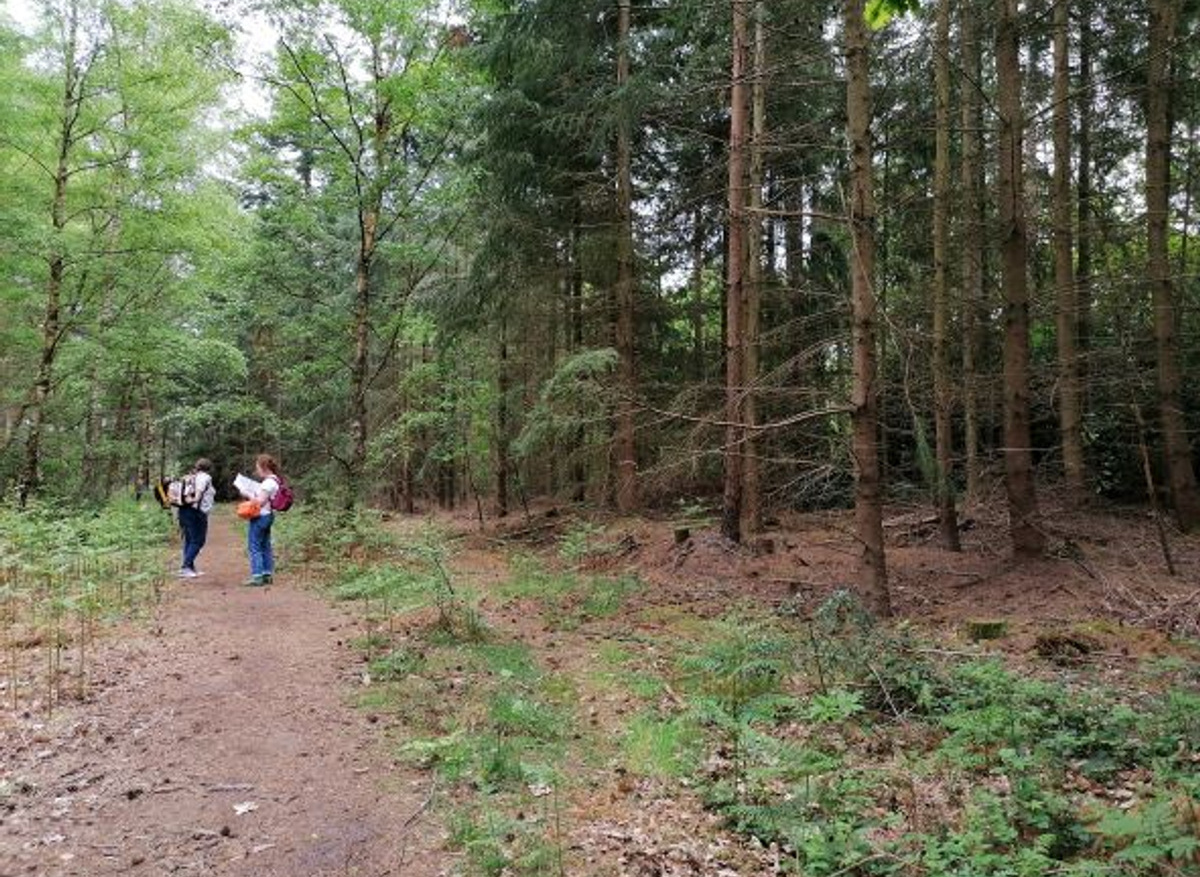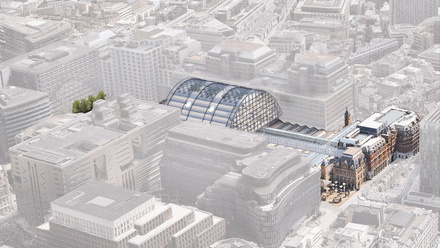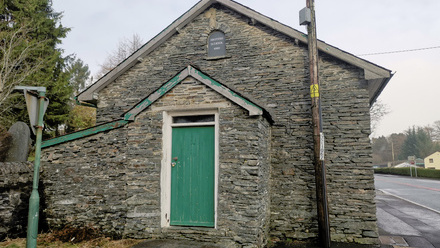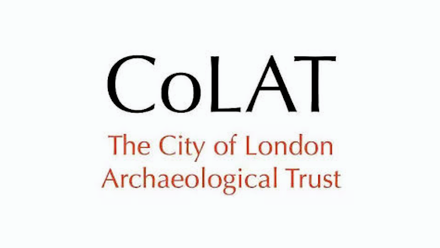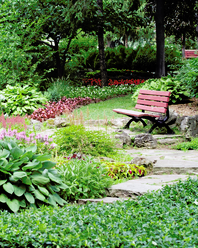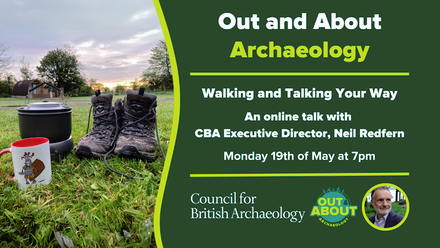Our Days in Archaeology
As this year’s festival theme is Journeys, we at Surrey’s Historic Environment Record (HER) and the wider Historic Environment Planning (HEP) team thought we’d share each of our journeys into archaeology and how we got to spend our Days in Archaeology.
Firstly, a short introduction to the HEP team!
HEP is a varied team covering a number of different services, managed by Tony, Surrey’s County Archaeologist. The Historic Environment Record (HER) consists of three Assistants, Emily, Shân, Jazmin and an Officer, Rob. There are four Archaeological Development Control Officers: Alex, Matt, Nick and Nigel. We then have two Historic Buildings Officers, Chris and Charlotte, and a Finds Liaison Officer, Simon. All of whom are kept organised by the Heritage Administrator, Tara. Together we work to understand, advise, conserve and protect Surrey’s heritage.
Journeys from OUR past, to SURREY’S past
Rob - HER Officer
I was fortunate to grow up in Puttenham in southwest Surrey. My home was behind a former blacksmiths forge which meant the garden was full of old iron artefacts that I used to dig up to try and “restore”. Little wonder then that, with parental encouragement/patience, I became hooked on archaeology and history. I’d never given serious thought to working in the archaeological/heritage sector. In truth, I’d never given much thought as to what I wanted to do for a career and, after university, I fell into a completely unexpected line of work; procurement. I maintained an active interest in “old stuff”, not least through my involvement in the Surrey Archaeological Society.
After a short-lived attempt at academia, I was lucky enough to get a job with the Surrey Historic Environment Record. Finally, I had found a way of being paid to use all the decades’ worth of knowledge I’d accumulated about Surrey’s archaeology and history! Four-and-a-half years later, I’m the HER Officer, heading up the brilliant Surrey HER team and still finding myself fascinated by all sorts of aspects of the county’s historic environment.
Mine is by no means an orthodox route into this line of work but I feel it’s made me a more ambitious, organised and creative heritage professional than if I’d gone straight into the sector after uni. So, if working in the sector is something you’ve had in the back of your mind, don’t think that the chance has gone for good. Sometimes a lifelong interest can combine with a piece of good fortune to produce a most rewarding outcome.
Shân - HER Assistant
Growing up in Portsmouth and its rich history, I was exposed from a young age to the possibility of ‘doing heritage as a job’. I followed my enjoyment of learning about the past throughout my school and college options before embarking on an archaeology degree, but it was not until I was a graduate that I realised how varied ‘doing heritage as a job’ could be. I started within the conservation world as a shipkeeper at Portsmouth’s Historic Dockyard. Combining conservation with archiving, my next job was at Historic England where I was introduced to project-focused work and using databases. These skills have aided me throughout my current role as a Surrey Historic Environment Record Assistant.
Today you might find me providing information about our heritage assets to commercial archaeologists, researching a local historic building or asset for our Local Heritage List Project, or using SQL code to design a complex query for our database. Every day is different and it feels great to help students and local residents with their various heritage projects, and contribute to the planning process in protecting Surrey’s heritage.
Jazmin - HER Assistant
As soon as I could walk and talk, I was interested in the past, from digging up everything in my Grandad’s garden to Dinosaurs and the Ancient Egyptians. Then came the obsession with Horrible Histories, from that moment on I knew this is what I wanted to do. I came to study forensics at college. Here I realised I could blend the two, with Archaeology!
Archaeology is so multidisciplinary and diverse, the skills I learned in lab work and crime scene investigation became very useful during my degrees in Archaeological subjects. I ended up in Commercial Archaeology, working my way through the field and into consultancy where I worked as a researcher and eventually wrote desk-based assessments. These roles introduced me to what an HER was, getting all the heritage record information from them to write my assessments, I always wondered what it was like on the other side… And here I am! In my favourite heritage job so far. My days are so varied, I have the chance to enhance and add to the historic record of Surrey, keep tabs on our Scheduled Monuments with the help of Surrey Archaeological Society and make the HER more accessible to everyone.
Matt - Archaeological Officer
In the late 1990s, LEGO introduced a series of ancient Egyptian-themed play sets. Around the same time at school, we were learning about the Tudors. I remember these things making me suddenly aware of how deep time is and how much has been forgotten. The lure of re-discovery was exciting, and my interest in archaeology built from these seeds to the point where I directed my education and eventually, career, in pursuit of this concept.
This journey has led me to my current role as an Archaeological officer for Surrey County Council, where, on a daily basis, my role guides the opportunities for re-discovery of forgotten things.
Nick - Archaeological Officer
I grew up in Salisbury in the 1960s and my dad was a keen amateur archaeologist. Well before the days of commercial archaeology, he and a group of school friends had formed the Salisbury Museum Archaeological Research Group (SMARG). From a very early age both myself and my brother were taken along to excavations, usually just playing on the spoil heaps, but I took an interest in what the grown-ups were doing. In my early teens, my dad took me for a week’s holiday to an excavation on a Roman Villa at Bucknowle Farm at Corfe Castle in Dorset. For the next 5 years, the annual two-week excavation in August became a highlight of the year. The experience was transformative and I decided that I would like to study archaeology and become an archaeologist.
It was a decision that I have never regretted. I have been fortunate to work on some amazing archaeological sites and meet some of the most inspiring, dedicated, interesting and sometimes eccentric -we are archaeologists after all people along the way. I have worked for private commercial units, Local Authorities and Government organisations and have now been in the Heritage Team at Surrey for 10 years. The job is always interesting, each day is different with new challenges and I still get the thrill of discovery that I got when I dug up my first fragment of pottery even if my ‘digging days’ are largely over. The most important thing is that you are always learning. The profession is ever changing and that means going to work is never a chore, I can’t imagine doing anything else. Thanks, Dad.
Nigel - Archaeological Officer
Growing up on the edge of a new town in Hertfordshire during the 1960s and 70s, I became aware of the presence of, and the gradual change and loss of, many aspects and features of the local countryside and old townscapes. It gave me a sense of loss for what I saw disappearing, a desire to find out more about what had come before and had already been lost and an awareness of the need to record and preserve those things before they were gone forever. Coupled with a growing love of history, particularly local history, I took part in my first archaeological excavation during my early teens. However, archaeology wasn’t a recognised career path in the 1970s and it wasn’t until 2001 that I began my archaeology degree and made a change of career to follow the passion that had been sparked many years before.
Now a professional archaeologist, my enjoyment of the discipline remains undiminished; there is always something new to be learned, and new processes to be researched and although no longer a field archaeologist, I still find excitement and reward in researching or interpreting a new location or a new type of find or feature, and I’m sure that will never change as it’s a life-long interest that will always hold its fascination.
Chris - Senior Historic Buildings Officer
I started to get involved in heritage while studying for my degree in History where I became fascinated with demolished buildings across London. I subsequently started work at War Memorials Trust, a conservation charity which was set up to provide grants and advice for the protection of war memorials across the UK. As a result, I studied a degree at Kingston University which gave me the opportunity to learn about the philosophy, legislation and technology which underpins the conservation of historic buildings in the UK.
I used this experience to apply for a role as a Historic Buildings Officer for Surrey County Council were I fortunate enough to be trained by an expert in vernacular buildings. I still work at Surrey County Council today where I provide advice to planning authorities and also the Surrey Historic Buildings Trust, a small charity which seeks to preserve historic buildings across the county.
Simon - Finds Liaison Officer
I started getting properly involved in archaeology about thirty years ago, taking part in digs in the Surrey Heath and Guildford areas with various local groups. From there I moved on to do an undergraduate and a couple of postgraduate degrees in various universities along with fieldwork and research in the UK and abroad. It’s never been a particularly straightforward career progression and over the years I have worked in a diverse range of commercial, academic and public sector archaeological roles. I am currently the Finds Liaison Officer for Surrey, working for the county on behalf of the British Museum’s portable Antiquities Scheme.
Tony - Historic Environment Planning Team Manager
Since I was very small, I wanted to dig things up from the past. It started with Dinosaurs, but these always seemed to be found abroad in hot countries: it was like a dream to a little boy in a west London suburb. As I got older, I just fell in love with history. I got a book on British Monarchs when I was about 8 – it was full of colourful pictures and tales of chopping off people’s heads and building castles and cathedrals. I lapped it up. At school, I took O and A Level History – mostly 19th-century politics and 20th-century dictators, but still fascinating. I was the first person in my family to go to University and took a combined honours degree in History with a choice of either English Literature, Drama or Archaeology. It was the history I was interested in, so a toss-up on which of the subsidiary subjects to pick. I hated English Lit (which I did for A Level), and I’m not extrovert enough for drama, so I ticked the Archaeology box and thought I’d give that a go. In archaeology, I found a profession where I could dig things up from the past, as I wanted to when I was little. I even got to visit some of those mythical hot countries to do it.
And here we are, 35 years after taking the decision to leave my job and go to university, as the County Archaeologist and Historic Environment Planning Team Manager for Surrey. I don’t do much digging these days but seeing things being discovered because of the work my team and I are doing is just as engaging as digging ever was. I get to be involved with all aspects of the past. I could get a call in the morning to discuss a palaeolithic flint scatter, and an email in the afternoon with a query about concrete anti-invasion defences from the 1940s. It’s fascinating, varied and continuously surprising work and I love it.
There you have it! How the Surrey Historic Environment Planning Team started our days in archaeology and how we spend it now. Please do check out our full blog post about this, and other blog subjects, over on the Exploring Surrey's Past website.
Contact details
Surrey Historic Environment
Surrey Historic Environment Planning Team

